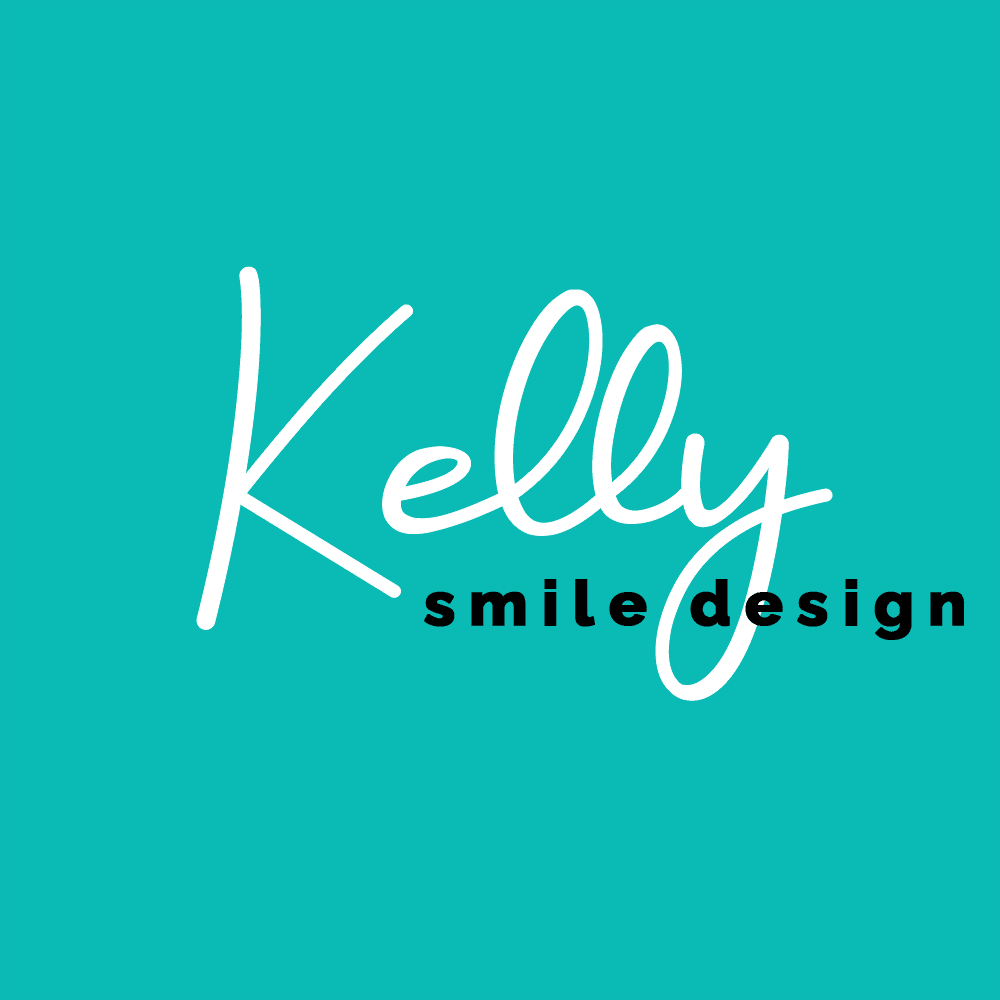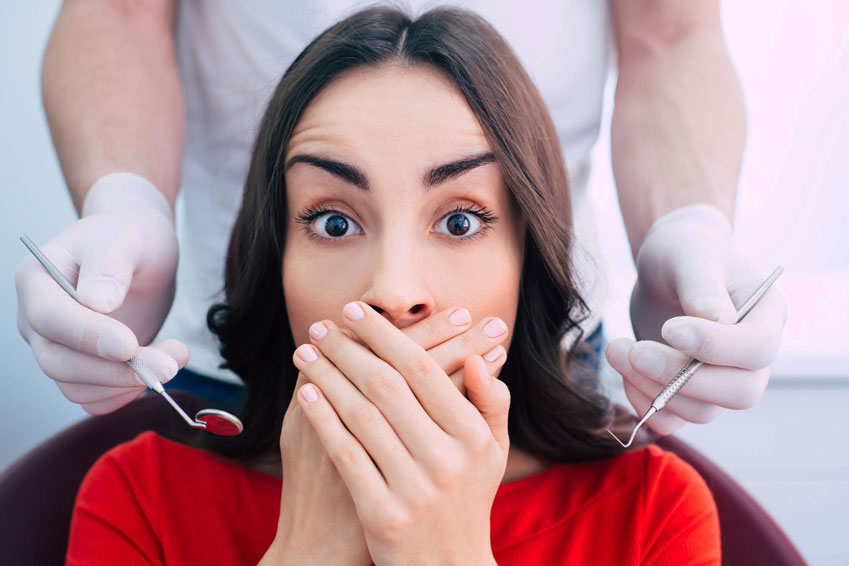
Thinking about braces? Sometimes, it’s just good to lay all the facts in front of us, even if they’re obvious, to make the right decision. Here are some straightforward facts about orthodontic treatment, and what’s involved. Hope it helps you make your decision!
What’s orthodontics?
Orthodontics is the art and science of creating special devices to bring teeth into the correct position. It usually involves wearing some form of braces (removable and/or fixed).
What do I get back for all the discomfort and expense?
A lot! Benefits can include:
- Correction of crowded teeth
- Straightening of your teeth
- Correction of your bite, so that the front and back teeth meet together evenly when you close or chew
- Potential to correct sleep disordered breathing (SDB) due to a compromised airway
- Reducing the likelihood of tooth damage from misaligned bite
- Improving your appearance, including your smile – yeah, we like that!
What types of braces are there?
Also a lot! But mainly, removable braces can be removed for cleaning (Duh!)
Fixed braces are secured to teeth and cannot be removed for cleaning (also Duh!)
Clear removable braces – like Invisalign
When is the earliest time in a person’s life to be treated with braces?
This depends on the correct number of adult teeth that have “erupted” in your mouth and the stage of growth of your face and jaws.
You should be mature enough to be good at dental hygiene, since there is a lot of it when wearing braces.
How long does treatment last?
It may take between six months and thirty months, depending on the extent of your orthodontic issues. Very difficult problems may take longer.
Is it painful to wear braces?
Normally, fitting of your braces is not painful. But, it is common to be slightly sore 3 – 5 days after the first fitting and after each adjustment appointment. Nothing to cry about, we assure you!
How often will I need an appointment with the orthodontist?
Once braces have been fitted, yes, you will need regular appointments for adjustments and checking up on your hygiene (dental, that is). How often is up to your practitioner.
Can I eat anything when I’ve got braces in my mouth?
Nope! Braces can be delicate, so you need to…
- Avoid sugary stuff
- Avoid sticky, chewy stuff, like gum and candy
- Avoid any bubbly drinks and fruit juices in large quantities
- Avoid hard or chewy any-kind-of foods – like apples, carrots and crusty bread because these can damage your braces. Cut them up, if you must eat them!
Will orthodontic treatment damage my teeth?
Not if you take care of them…
- Brush your teeth carefully for at least three minutes, twice a day. (Hey, not so bad!) Use a fluoride toothpaste.
- To further protect the teeth, use an alcohol-free fluoride mouth rinse daily at a different time from when you brush your teeth. Avoid eating or rinsing for 20 minutes after using it.
- Also, actively use any accessories recommended by your orthodontist, such as mini-brushes and floss, to remove particles in hard-to-brush spots.
What if my brace breaks during treatment?
Do the right thing! See your orthodontist as soon as possible. Treat your braces with care! Breakage slows overall treatment time – you don’t want that – and it may add to expense.
Will I still need to see my regular dentist?
Absolutely! Your dentist will check for decay and clean your teeth thoroughly.
Will I still be able to play contact sports?
Only if you were able to play them before. (That was a joke!) Yes, wear a mouth guard and any other protective equipment normally required by the sport!
What if I play a musical instrument?
We can’t lie – fixed braces may make it more difficult to play a wind or brass instrument. You will need to discuss this with your music teacher and orthodontist.
What happens at the end of treatment?
Hopefully, you will have a brand new smile after braces are removed or you stop wearing them. However, understand that your teeth may return to their original positions. Retainers prevent this from happening. Your orthodontist will advise you on this.
How successful is orthodontic treatment?
This very much depends on you. If you cooperate with treatment and wear the retainers as advised, you will see great results.
Changes in teeth positioning often continue throughout life. This is all part of normal aging. Have realistic expectations going in to treatment.
In addition, taking care of your teeth through regular dental checkups, brushing and flossing, and wearing your retainers will keep you looking great!
Good luck!
Source: British Orthodontic Society


















